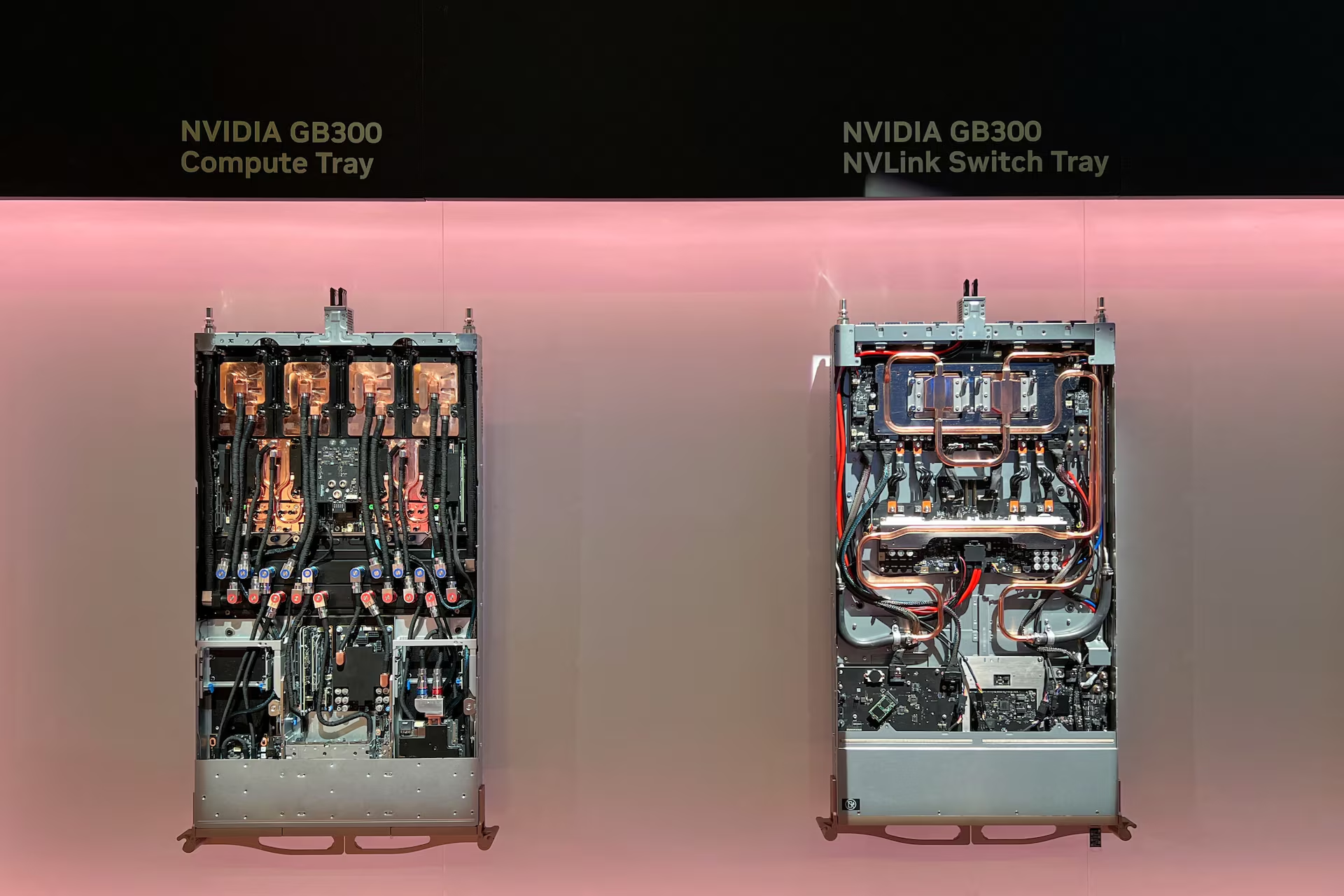AI Weekly – May 5, 2025
This week brings pivotal advancements in the AI landscape, from redefining developer roles to enhancing search experiences and bolstering national security.
1. Developers Evolve into ‘Builders’ in the AI Era

Varun Mohan, CEO of Windsurf (formerly Codeium), envisions a transformative shift where traditional software developers become “builders.” This change is driven by AI’s capability to democratize software creation, allowing individuals to customize tools using AI assistants, even without formal coding knowledge. Windsurf, an AI coding platform, has gained significant traction, raising $243 million and potentially being acquired by OpenAI for around $3 billion. Mohan emphasizes the rise of “vibe coding,” a method of generating code via AI prompts that redefines development processes by vastly improving speed and productivity. This evolution encourages a culture of continuous learning and innovation fueled by AI capabilities.
2. Google Introduces AI Mode in Search

Google is launching a new AI Mode feature in its Search platform, enabling a portion of U.S. users to experience a more conversational, AI-driven search experience. Unlike traditional searches that return a list of URLs, AI Mode provides AI-generated answers sourced from Google’s search index. This functionality differs from existing AI Overviews, which offer summaries above web results.
Accessible via a new dedicated tab placed before other search categories, AI Mode resembles capabilities seen in tools like Perplexity and OpenAI’s ChatGPT search features, focusing on real-time and web-specific data. To broaden access, Google is removing the waitlist for Labs users, allowing more people to opt-in ahead of a full release.
The updated AI Mode includes helpful features such as saved past searches in a side panel for easy revisiting, and visual cards offering detailed information about businesses and products, including hours, reviews, and prices. A previously required Google One AI Premium subscription for Labs access has been eliminated. This marks a significant step in integrating advanced AI into mainstream search functions.
3. U.S. Legislation Targets AI Chip Smuggling to China

U.S. Representative Bill Foster plans to introduce legislation aimed at tracking artificial intelligence (AI) chips, such as those made by Nvidia, to prevent their illegal smuggling into China in violation of U.S. export controls. This bipartisan initiative addresses existing reports of large-scale smuggling and the use of prohibited Nvidia chips in China’s advanced AI systems, including DeepSeek.
Foster’s bill will direct U.S. regulators to develop rules for verifying chip locations and ensuring non-licensed chips cannot function. Though Nvidia claims it cannot track chips post-sale, experts and Foster assert the necessary tracking technology already exists, with companies like Google using similar systems. The proposed solution includes using signal timing to verify chip location and electronically disabling unlicensed chips.
The Department of Commerce would have six months to implement the regulations. The initiative has bipartisan backing, with support from both Democratic and Republican lawmakers who view this as a critical step in maintaining national security and curbing the misuse of advanced AI technology.
📌 Summary
- Developer Roles Redefined: AI is transforming developers into versatile “builders,” emphasizing innovation over traditional coding.
- Enhanced Search Experience: Google’s AI Mode offers a more interactive and informative search, integrating AI-generated insights directly into results.
- National Security Measures: The U.S. is taking steps to prevent unauthorized AI chip exports to China, aiming to safeguard technological advancements.
Stay tuned for more updates in the evolving world of AI and LLMs.
Let’s enhance the future of AI together.